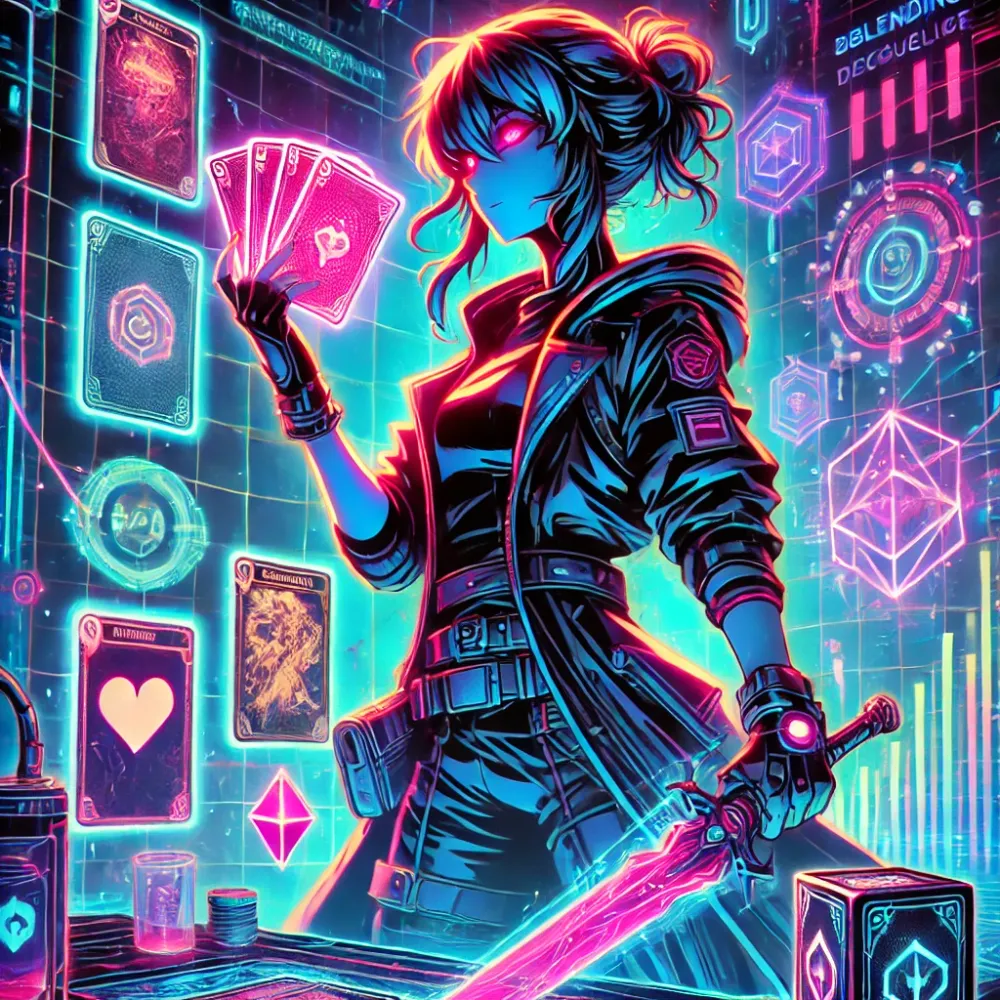How indie games are blending Deck-Building and roguelike mechanics for unique gameplay
Indie developers have increasingly turned to hybrid gameplay, and one standout combination is deck-building with roguelike mechanics. This blend allows for complex, strategic gameplay that’s both engaging and highly replayable. Roguelike deck-building games like Slay the Spire and Monster Train set the foundation, inspiring indie developers to create games with evolving tactics, randomized challenges, and compelling progression.
1. Origins of the hybrid genre
The blend of deck-building and roguelike gameplay gained traction with games like Slay the Spire, which introduced the idea of building and managing a card deck as players face procedurally generated challenges. Slay the Spire’s success demonstrated how combining strategic deck management with roguelike replayability could create engaging experiences, inspiring a surge of similar games (Rogueliker, G2A).
2. Popular examples of Deck-Building roguelikes
Several titles have explored unique twists within this genre. Monster Train, for instance, combines deck-building with tower defense mechanics, where players must protect multiple levels on a moving train, adding strategic depth through multi-layered battles (Half-Glass Gaming).
Games like Inscryption take a darker approach, blending horror elements with roguelike deck-building in a story-rich environment that unveils new mechanics as players progress, adding mystery and tension to each playthrough (gamesradar).
3. Core mechanics and appeal
This hybrid genre capitalizes on several core mechanics. The deck-building aspect gives players control over their strategy, while roguelike elements ensure that no two playthroughs are the same. In titles like Griftlands, players must strategize not only in combat but also in dialogue, using cards to influence NPCs in a social setting, which adds a narrative-driven twist to the mechanics. These layers of strategy, coupled with roguelike unpredictability, create a dynamic experience that’s both accessible and complex.
4. Genre innovations and experimental mechanics
Newer games continue to experiment with the genre. Dicey Dungeons uses dice rolls as part of its deck-building, adding an element of chance to each encounter, while Loop Hero incorporates deck-building in a looping world-building setup, blending auto-battler mechanics for a fresh take on both genres. This experimentation allows indie developers to innovate, introducing hybrid mechanics that cater to different player preferences.
The combination of deck-building and roguelike mechanics has proven incredibly versatile, allowing indie developers to create games that are both challenging and endlessly replayable. As developers continue to experiment with this hybrid genre, players can look forward to even more creative twists, blending strategic deck management with the thrill of roguelike unpredictability.




